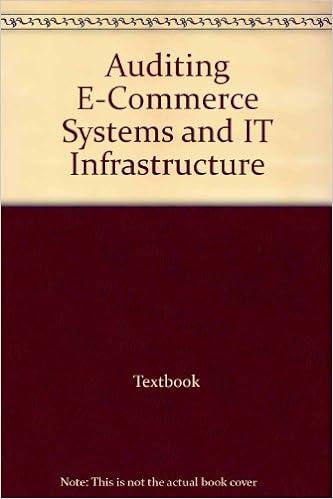(5) The Supreme Court had on numerous occasions upheld the constitutionality of the No Public Restraining Law. Later, in a case called U.S. versus Spiderman, Spiderman restrained Dr. Strange from completing a magical spell that would have caused a dimensional rift into the fabric of time and space causing what would likely have been a multiverse of madness. Because Spiderman physically restrained Dr. Strange for over an hour, during which time the Illuminati (a secret organization comprising other superheroes) convinced Dr. Strange to abandon his spell, Spiderman was found to have violated the No Public Restraining Law. The issue of its constitutionality once again came before the Supreme Court. What options does the Supreme Court have to declare the law unconstitutional if it has on numerous other occasions held it to be constitutional? (a) The Supreme Court is bound by its previous decisions and cannot hold the law unconstitutional. (b) The Supreme Court is not bound by its previous decisions and can hold the law as unconstitutional (c) The interpretation of the Constitution can only be modified through an act of Congress. (d) The Supreme Court must consult with the President for his opinion on the constitutionality before rendering any decision on the law's constitutionality. (5) The Supreme Court had on numerous occasions upheld the constitutionality of the No Public Restraining Law. Later, in a case called U.S. versus Spiderman, Spiderman restrained Dr. Strange from completing a magical spell that would have caused a dimensional rift into the fabric of time and space causing what would likely have been a multiverse of madness. Because Spiderman physically restrained Dr. Strange for over an hour, during which time the Illuminati (a secret organization comprising other superheroes) convinced Dr. Strange to abandon his spell, Spiderman was found to have violated the No Public Restraining Law. The issue of its constitutionality once again came before the Supreme Court. What options does the Supreme Court have to declare the law unconstitutional if it has on numerous other occasions held it to be constitutional? (a) The Supreme Court is bound by its previous decisions and cannot hold the law unconstitutional. (b) The Supreme Court is not bound by its previous decisions and can hold the law as unconstitutional (c) The interpretation of the Constitution can only be modified through an act of Congress. (d) The Supreme Court must consult with the President for his opinion on the constitutionality before rendering any decision on the law's constitutionality







